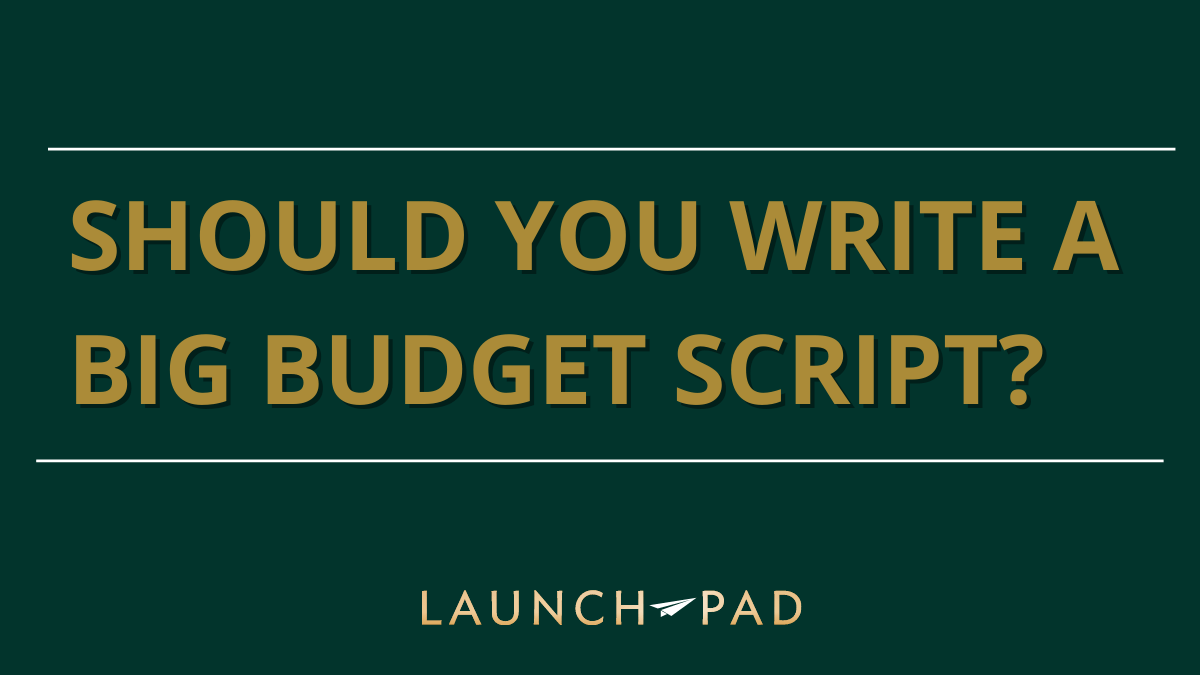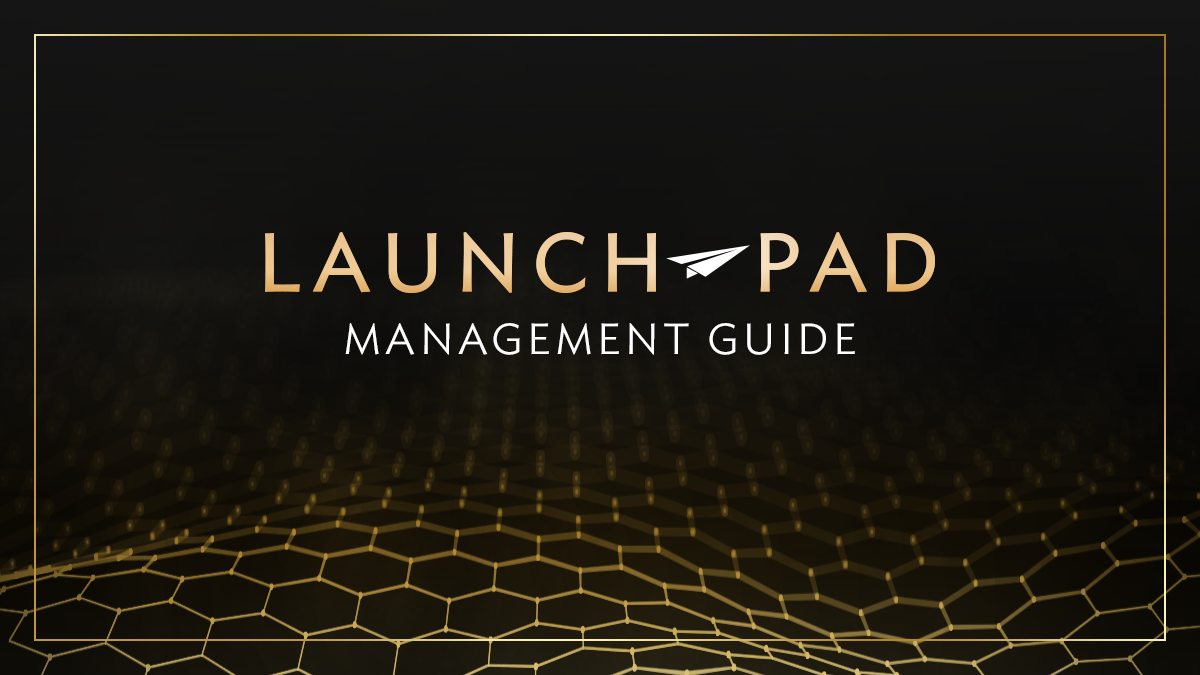
One of the perennial questions from screenwriters is whether or not they should write the big-budget script of their dreams. The simple answer is, Hell, yes! You should always write what you’re most excited about and will be a strong example of who you are as a writer. If that means you want to write a big family holiday reunion film that will blow its entire exorbitant budget on an all-star cast, go for it. If it’s a big actioner that would make INFINITY WAR look like a polite skirmish, have at it! But at the same time, you need to know what you’re walking into when you send that script out to the town.
Here are some of the best reasons to write a big budget script, and a few (important) things to consider about selling your blockbuster script.
How Much Does a “Big Budget” Film Cost?
Now, what exactly is a big budget film’s price tag? Generally, a “big-budget” film is anything that costs over $100 million dollars to produce and distribute. This includes production and distribution costs, but not the additional marketing, which is typically around half the amount of the budget. So in $100 million dollars is on the low end.
What qualifies as a “low-budget” film really depends on who you ask. Because the film that makes it into Sundance for under $100,000 is given the “low budget” label, but so does a film like THE INVISIBLE MAN, which was made for $7 million. The average movie costs between $70-90 million, with movies in the $15-40 million (like KNIVES OUT, ANNIHILATION) becoming fewer and farther between for theaters. You’re more likely to see films in that price range on streaming platforms, like Netflix.
Filmmaking in 2021
Before the pandemic, budgets were getting higher and higher. Going to the movies to see the latest Marvel Cinematic Universe installment was treated as a major event and experience, with ticket prices to match. It’s hard to get a movie with a big budget made if there isn’t big IP behind it because studios don’t want to take the risk, but 2019 proved that audiences are more willing to see an original idea than financiers had realized.
With the successes of original films like KNIVES OUT (with a big, all-star cast), PARASITE (which won people over despite being a foreign film), and THE INVISIBLE MAN (which was based on IP but took an in-depth look at abuse and trauma to what is normally a shock-and-horror story), mid-budget films looked like they were going to be on the rise. However, new deals between studios and theater owners are shortening the length of time fresh ideas have to take off on the big screen.
Justify your budget on the page
The battle to get a film produced was always tough. But now that productions will need COVID compliance officers and a limited number of people on set, it’s going to get a lot tougher. Not to mention, plummeting movie ticket sales. Whatever you put on the page comes with a dollar amount attached to it, so you need to make sure that your case for putting it there is clear.
That is no different than the attention you already pay to small emotional beats that make up a character arc, it’s just a different angle through which to look at your script.
Before you write any script you should ask yourself: what is my goal in writing this? The answer could simply be that you have been dreaming about this story for weeks and you need to get it out of your system. There’s just a part of you that’s just aching to tell it.
More likely, you have a story you’re excited about, but you’re dreaming that it sells or nabs you representation or gets you noticed for jobs in the OWA marketplace. The best way to get eyes on your script for representation or potential gigs, is to write what’s going to sell your voice. If your voice is big action, then go for it. If you want to write an emotional drama set in a small town but include a lot of meaty roles that name actors jump at, do it! The important thing is to play to your strengths, not just the latest industry trends.
Have the best of both worlds
You can write big movies designed to sell, but you always have to justify that hefty price tag. What this means is if you’re going to write a seemingly-end-of-the-world destruction sequence for your third act, then get creative in the action sequences that come before. Show whoever is reading it that you can come up with set pieces that come in at different prices and are things they haven’t seen before.
If someone wants to buy it and they can’t afford something, you will have proven you’re capable of coming up with something just as good at a lower budget. The more ideas you have on display to show what original concepts you have, the better.
For more tips on how to write a big action feature, you should also make sure you’re reading how other great writers have done it and what they think it takes to write a big-budget story that sells. A great place to start is this interview with Emily Carmichael from our friends at ScreenCraft. Emily has worked on such films as PACIFIC RIM and JURASSIC PARK: DOMINION, and she shares 15 action screenwriting tips for new and emerging screenwriters.
Write what gets you out of bed in the morning
Write what makes you excited to write. 2020 has been rough on everyone, and even if you weren’t financially strapped, you could still be feeling the mental toll this year has taken and that makes writing a script tough.
So maybe you’re not in the mood to drown yourself in a story that is a poignant, Oscar-bait melodrama, or inexpensive and existential near future sci-fi films science fiction film. It’s so much more fun to write a big actioner, and people have proven that they’re ready for fresh stories, regardless of budget. So whatever it is that gets you excited to sit for hours, pouring your heart out on a keyboard, write that story. That’s going to be the story that gets people the most excited about your voice and want to see what else you have.
Do you have a feature that’s ready for the big screen? Submit your script to the Launch Pad Feature Competition to get your screenplay in front of judges that know how to spot the next big Hollywood blockbuster.


